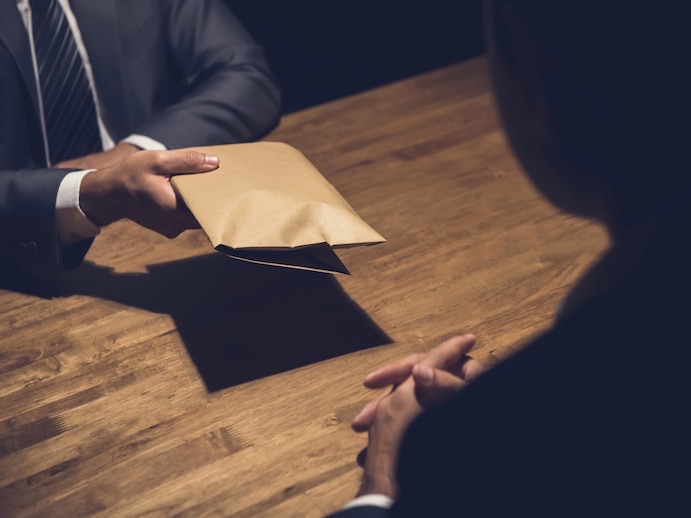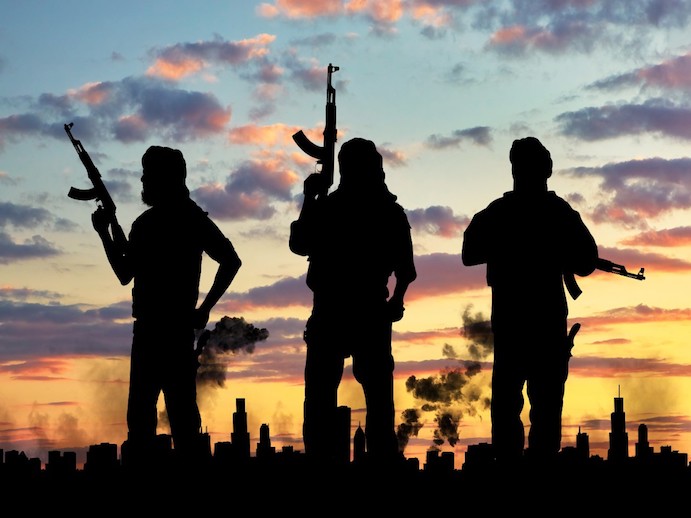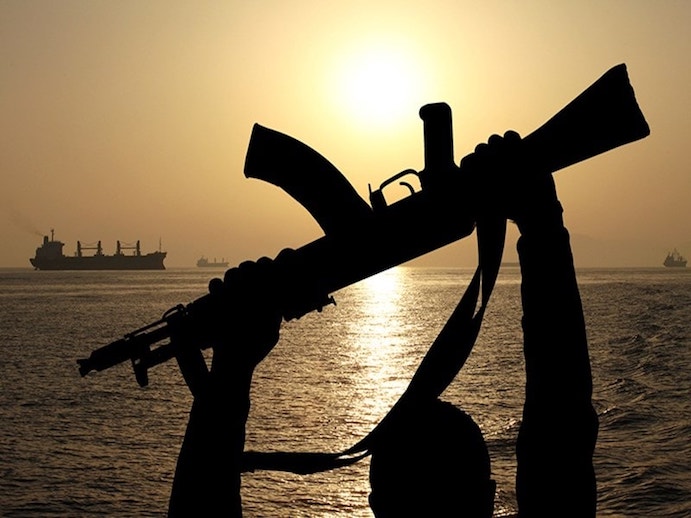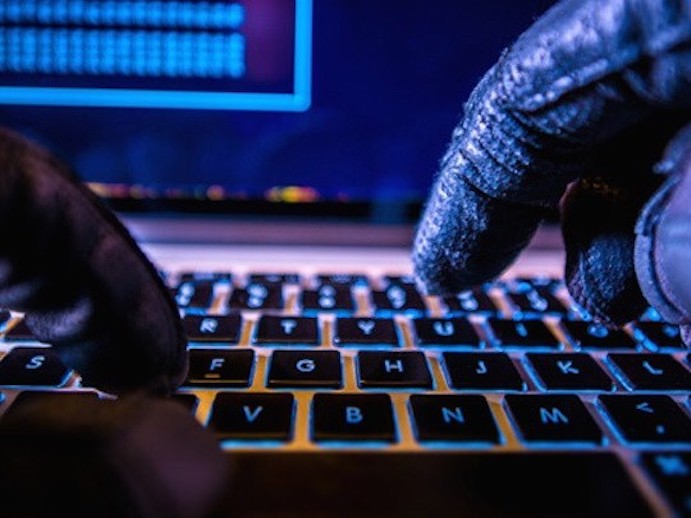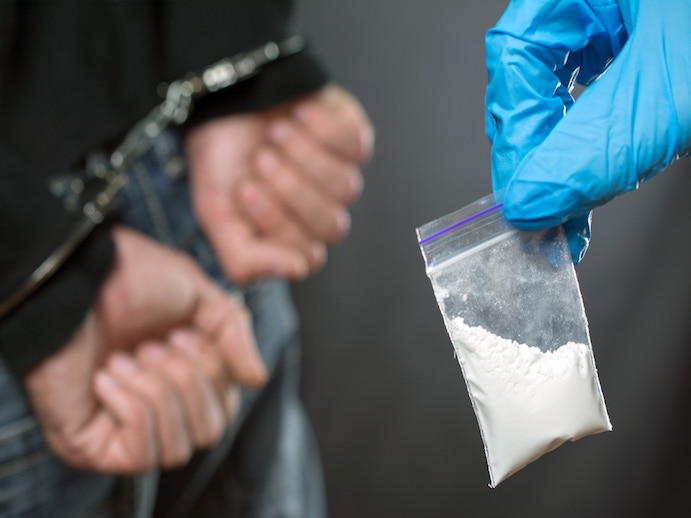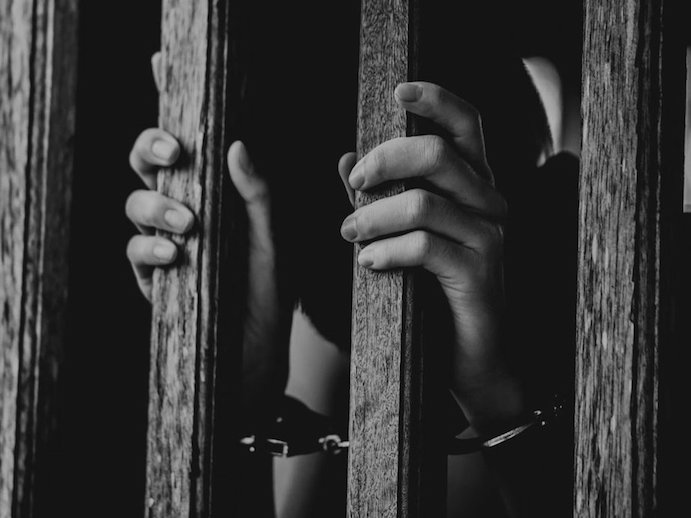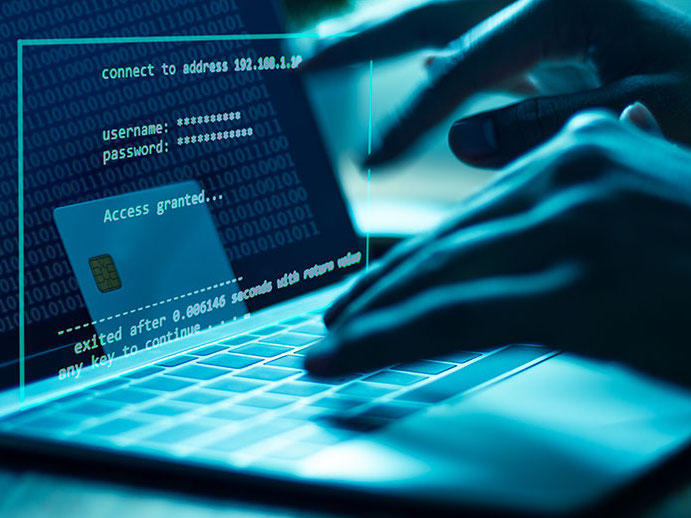Countering Organized Crime Programme in Nigeria
1st International Symposium on Countering Organized Crime in Africa
24 – 25 October 2023
Organized crime is a pervasive and complex issue that threatens global stability, security and the rule of law. It's a phenomenon that transcends borders and affects communities globally and it keeps transforming. From drug trafficking to human trafficking, money laundering to cybercrime, organized crime syndicates have are constantly modifying, have become more sophisticated, use loose structures, utilize advanced technology and exploiting legal and financial systems to evade detection and prosecution. Organized criminal networks engage in different types of criminal activities that span different countries, regions and terrotiries.
The Countering Organized Crime Programme is run by the Center for Fiscal Transparency and Integrity Watch to explore and adopt effective strategies in tackling organized crime.
OUR MISSION
“Our mission is to create a platform for solutions. We shall assemble individuals and organizations that will provide viable and feasible solutions – and continue to facilitate collaboration between relevant stakeholders in protecting human dignity and prosperity.”
OUR OBJECTIVE
- Identify key challenges in combating organized crime and provide relevant stakeholders with insight to aid adequate development of responses to address these challenges.
- Share best practices and lessons learned and gain insights into effective approaches, strategies, and tactics used in different crime contexts.
- Promote evidence-based policies and practices to ensure that efforts to combat organized crime are grounded in data and evidence.
- Contribute to local, regional, and global conversations on organized crime.
OUR PARTNERS
INTERPOL
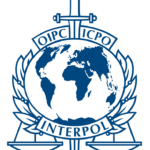
Our full name is the International Criminal Police Organization and we are an inter-governmental organization. We have 195 member countries, and we help police in all of them to work together to make the world a safer place.
To do this, we enable them to share and access data on crimes and criminals, and we offer a range of technical and operational support.
Visit SiteMAC ARTHUR FOUNDATION
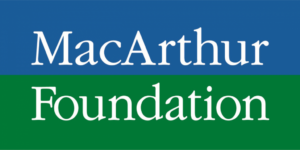
The John D. and Catherine T. MacArthur Foundation supports creative people, effective institutions, and influential networks building a more just, verdant, and peaceful world. MacArthur is placing a few big bets that truly significant progress is possible on some of the world’s most pressing social challenges, including advancing global climate solutions, decreasing nuclear risk, promoting local justice reform in the U.S...
Visit SiteOffice of the National Security Adviser
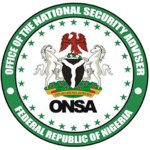
The National Security Adviser is a senior official in the cabinet of the President of Nigeria who manages national security on behalf of the President and serves as his chief advisor on all matters that are vital to the very survival of the state. The position is a statutory member of the Presidency, National Security Council and Federal Executive Council.
Visit SitePolice Service Commission
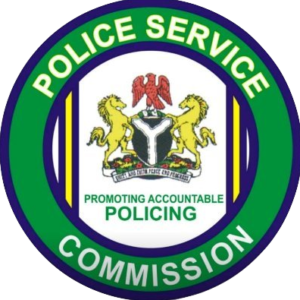
To change the Nigeria Police Force to the Nigeria Police Service through modem democratic policing ethics, performing with courage, diligence, honesty and impartiality as a highly motivated, professionally, disciplined, efficient, accountable and corruption free Police Service towards the development of adequate institutional capacity in discharge of the central functions of the Commission.
Visit SiteEconomic and Financial Crimes Commission (EFCC)
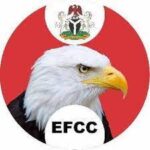
The Economic and Financial Crimes Commission, EFCC, was established by an Act of the National Assembly on 12th December, 2002 by the administration of President Olusegun Obasanjo. Following the appointment and confirmation by the Senate, of the pioneer Executive Chairman, Mallam Nuhu Ribadu and other administrative officers, the operational activities of the Commission commenced on April 13, 2003.
Visit SiteAfrica Center for Strategic Studies
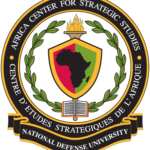
Since its inception in 1999, the Africa Center has served as a forum for research, academic programs, and the exchange of ideas with the aim of enhancing citizen security by strengthening the effectiveness and accountability of African institutions.
Visit SitePartners West Africa Nigeria

The Rule of Law and Empowerment Initiative also known as Partners West Africa Nigeria (PWAN) is a women-led, non-governmental organization dedicated to enhancing citizens’ participation and improving security governance in Nigeria and West Africa broadly, achieved through its Rule of Law, Citizens Security and CSO Strengthening program areas...
Visit SiteCentre for Journalism Innovation and Development (CJID)
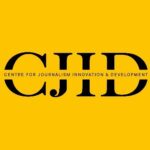
The Centre for Journalism Innovation and Development (CJID), formerly the Premium Times Centre for Investigative Journalism (PTCIJ), is a West African media innovation and development think (and do) tank.
Visit SiteDaily Trust
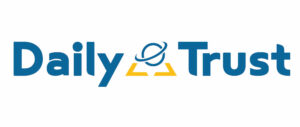
MEDIA TRUST LIMITED is a media company engaged in Consultancy, Printing and Publishing. The company believes in efficient, honest and qualitative service to the customer. Using the latest technology and employing self-motivated workers, the company’s objective is to grow steadily into a world class, integrated communication company.
Visit SiteAnalytics for a Better World
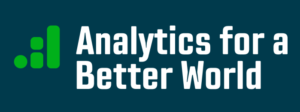
Nowadays Analytics significantly contributes to the success of companies. Our vision is that Analytics has the same potential to contribute to humanitarian and societal challenges. Our dream is to apply analytics and contribute to the Sustainable Development Goals...
Visit SiteAlumni Association of the National Institute (AANI)
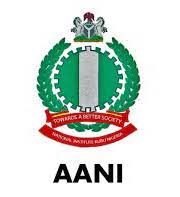
In his lecture at the 30th anniversary of the Institute Chief Olusegun Obasanjo, GCFR, founder of NIPSS and former President of the Federal Republic of Nigeria described the Alumni Association of the National Institute (AANI) as "an unplanned outcome of a purposeful action". The Association was inaugurated twice.
Visit SiteAfrica Network for Environment and Economic Justice (ANEEJ)
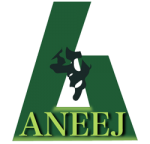
The Africa Network for Environment and Economic Justice (ANEEJ) is a non-government organization whose goal is to amplify the voice of the weak, the less privileged and the marginalized groups in the society including women, youths, and People Living With Disabilities in order to increase their participation in the democratic decision-making process.E
Visit Site
